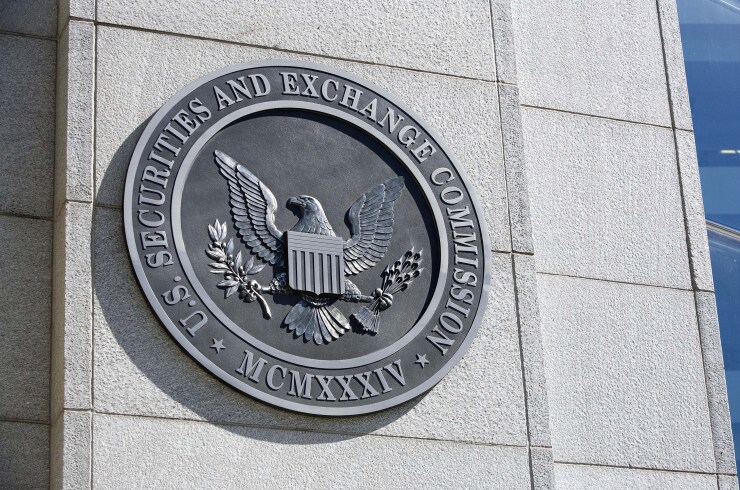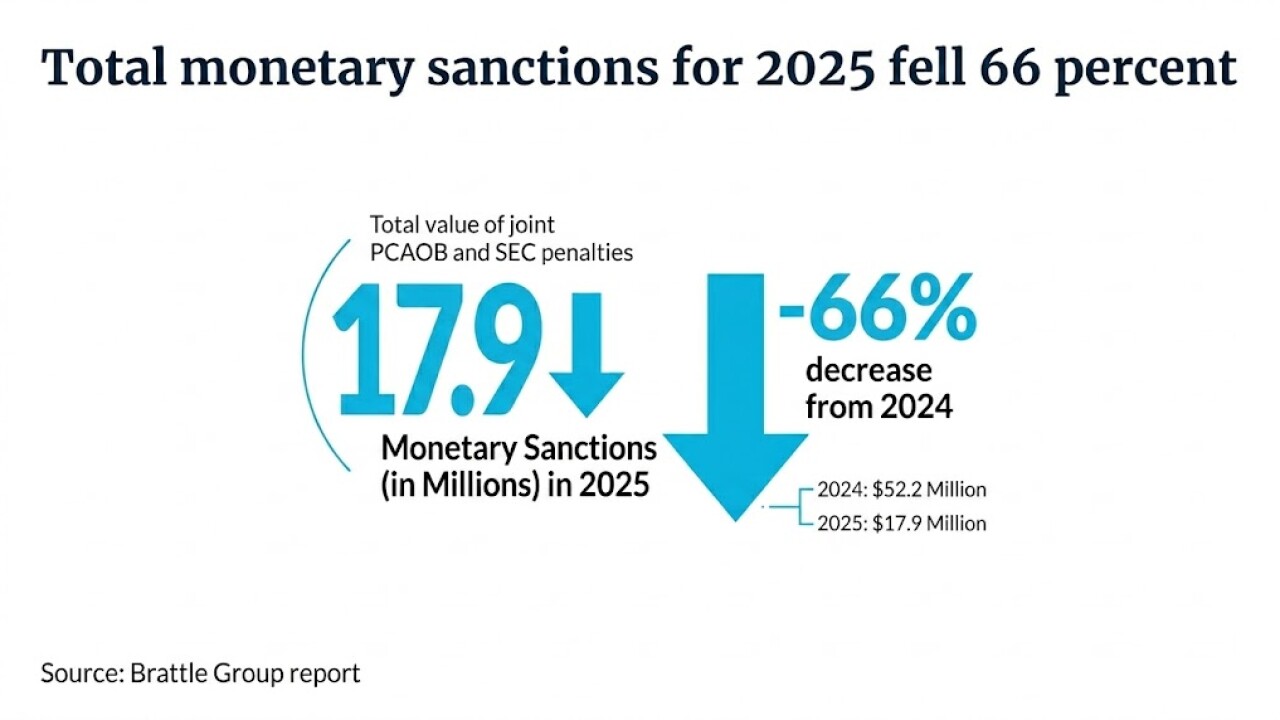Financial reporting is key to the way financial markets operate, and is essential to maintain investor trust. This is why the Securities and Exchange Commission requires the filing of quarterly financial statements by all listed companies. The timeliness with which investors have access to meaningful, reliable information is important to investors who have to make investment decisions. But is quarterly reporting really valuable enough to investors to justify the time and cost spent to compile the reports? At best, this is debatable.

Last summer, President Trump suggested that quarterly earnings reports by public companies may be too frequent, and the requirements could be changed to semiannual reporting instead of quarterly. As a result, he instructed the SEC to reconsider its current requirement and allow less frequent reporting.
The directive was the latest twist in a debate that’s been raging for some time. In 2016, as part of its disclosure effectiveness initiative, the SEC asked for public comments on the frequency of interim reporting (
The notion of quarterly earnings reports is clearly on the chopping block, so it’s time to consider the potential impact of breaking that cycle:
1. More frequent reporting emphasizes short-term financial planning and discourages long-term investments.
This argument, which is frequently trotted out by those in favor of less frequent reporting, carries a lot of weight. The share price of companies usually adjusts immediately in response to their quarterly earnings release, but it does not necessarily require a full set of financial statements being prepared and published. Additionally, some industries typically have very long business cycles. Life insurance companies, for example, underwrite long-duration contracts that can span up to 30 years. Not only may quarterly reporting in this industry not be relevant, it also encourages investor speculation.
2. Less frequent reporting increases the risk of insider trading.
The longer the time between the release of financial information, the more likely it is that some confidential information may either leak or be used for insider trading. Any significant development would still have to be the subject of an 8-K filing, which would make the information public. Coupled with shorter lead times, this significantly reduces the risk of insider trading.
3. Less frequent reporting is not to the benefit of investors.
In most cases, the more recent the financial information investors rely on, the more relevant it is. As a result, that builds investor confidence in financial markets and improves companies’ access to capital. Less frequent reporting could have the opposite effect.
4. The cost of quarterly reporting outweighs the benefits.
All CFOs know there is a cost associated with preparing financial statements, especially when they must be audited. Quarterly financial statements are only subject to auditors’ review, not a full audit, but the fact remains it still isn’t cheap. Considering how flawed some of the information is and the volatility it can create, does it provide enough benefit to investors to really justify those costs?
With all these facets considered — coupled with the fact that other countries have less frequent reporting requirements without it affecting their financial markets — it seems clear that the duration of a business cycle may be a more predictive indicator of a company’s viability than the frequency of the reporting. Regulators, companies and investors may want to focus on the relevance of the information and let the artificially created earnings season go the way of the dinosaur.





